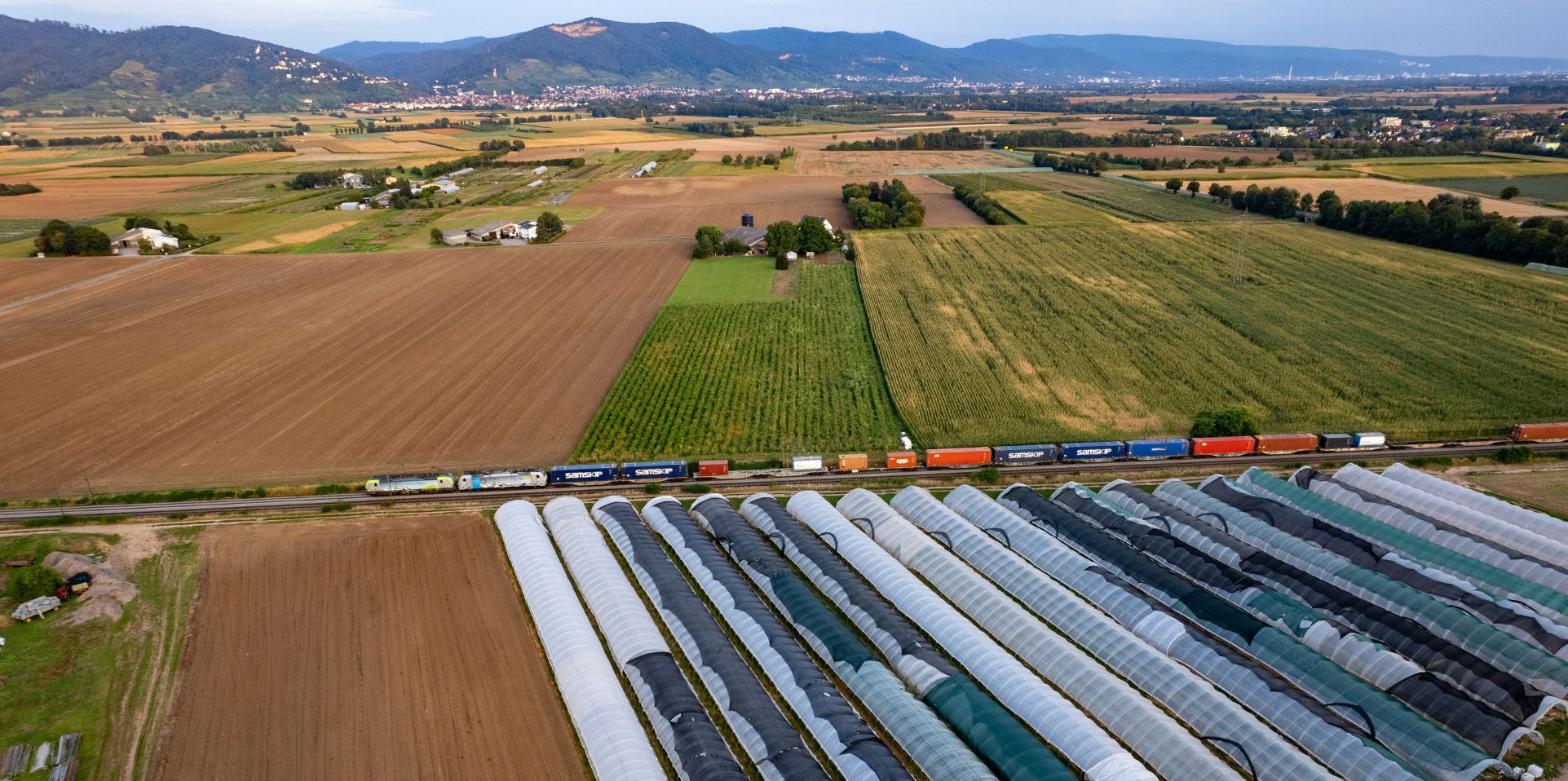
Food advertising and environmental claims: A balancing act for businesses

CMS
How do consumers understand environmental claims when it comes to food advertisements?

The Advertising Standards Authority (ASA) has published a report on its research into consumer understanding of environmental claims in food advertisements (Environmental claims in food advertising - ASA | CAP). While some of the findings are unsurprising, they also reveal important insights into inferences consumers draw from different kinds of claims, and challenge the view that reducing their environmental impact is a primary focus for consumers who respond to environmental claims. Businesses should:
- Take care with the implications of their claims, which may be unexpected;
- Use clear and specific language;
- Take care not to sound “preachy”; and
- Look out for increased monitoring and enforcement, upcoming guidance on regenerative farming claims, and a potential food eco-labelling scheme.
Most consumers take broad, vague claims at face value – though some are cynical
The ASA found that consumers tend to accept broad claims like "good for the planet" at face value. However, participants expressed concern that such claims were so general or absolute that they were unlikely to be verifiable. This highlights the importance of specifics. In environmental claims, clarity should be prioritised. Businesses should focus on concrete details that can be substantiated.
Terminology and imagery can cause consumers to make unwanted inferences
Words like "natural" can lead consumers to infer additional, unstated claims about the product's environmental impact, animal welfare, or health benefits. Similarly, visual cues, such as the colour green or images of fresh produce, can evoke positive environmental associations, even without any explicit claims being made. Businesses should ensure these visuals align with the product's true environmental impact to avoid misleading consumers.
Clear language is essential
The study also highlights the vital role of clear and verifiable language. Consumers assume specific terms like "plant-based" or "vegan" are accurate and verifiable. Any misleading use of these terms, therefore, could have serious consequences for vegetarians and vegans who rely on such labels to make informed dietary choices.
Environmental claims appeal for reasons other than the environment
Interestingly, the study found that nutritional perception and health are the biggest deciding factors in dietary and purchasing decisions, with environmental impact playing a secondary role. This doesn't diminish the value of environmental claims, but it suggests that businesses should integrate them strategically, highlighting how they complement the product's core qualities.
Another surprising finding is that green claims and imagery resonate with consumers primarily from a health and nutrition perspective, rather than as a way to reduce environmental impact. This conflicts with the usual regulatory assumption that environmental concerns are a top priority for consumers, potentially highlighting a need for food and beverage brands to tailor their messaging to better align with consumer priorities.

Green claims can be alienating
The research also revealed a potential pitfall for environmental messaging in food advertising. Many participants felt bombarded by claims comparing the environmental impact of plant-based and animal products, with these comparisons, in their view, often negating the environmental message. Additionally, some consumers found the tone of these ads to be overly preachy or judgmental, particularly towards those who choose to eat meat. This negativity risks alienating a portion of the audience.
Some of these findings echo the ASA's research into disposability claims (ASA research on green disposal claims in ads - ASA | CAP). In both cases, broad or general environmental claims tend to be taken at face value by consumers. However, with disposability claims, consumers expressed anger and disappointment upon learning the true meaning of terms like "compostable" or "biodegradable." Here, the situation is more nuanced, with consumers expressing awareness (admittedly in a research interview encouraging reflection) that such claims probably couldn't be substantiated.
Other key findings
- Most food advertising prioritises taste, nutrition, and price.
- The term "sustainable" appeared frequently, but often without a clear definition.
- Some advertisers have robust sustainability initiatives in place, but make overly broad or unqualified claims that can mislead consumers. The research also identified a growing trend in "regenerative farming" claims, but this area requires further exploration by the ASA. Some advertisers are still making comparative environmental impact claims without providing proper justification.
- The review found no widespread misuse of "green" or "natural" imagery in a blatantly misleading way.
Next steps for the ASA and CAP
Building on these findings, the ASA and the Committee of Advertising Practice (CAP) outlined several key steps for 2024:
- Continued collaboration and new guidance: The ASA will continue collaborating with government agencies and industry stakeholders to share their research and clarify advertising best practices. Advertisers can expect to see new guidance published by CAP on the ASA website in the form of "Insight Articles".
- Increased monitoring and enforcement: From July 2024, the ASA and CAP plan to ramp up monitoring of food advertising. Their focus will be on addressing blatant violations of existing advertising rules as well as less clear-cut cases of non-compliance, particularly regarding unqualified sustainability claims and comparative environmental impact claims.
- Regenerative farming guidance: The ASA plans to collaborate with industry experts to develop guidance that helps businesses make compliant and clear claims in relation to regenerative farming.
- Eco-labelling: The ASA will continue working with the Department for Environment, Food & Rural Affairs (DEFRA) and the Institute of Grocery Distribution (ICD) as they gather information for a potential food eco-labelling scheme in the UK.
This article was written by Stuart Helmer, Of Counsel, UK Head of Advertising and Marketing at CMS, and co-authored by Honor Kunisch White, Trainee Solicitor. It was first published on CMS Law-Now on 29th April 2024. You can read the full article here.

CMS
Share "Food advertising and environmental claims: A balancing act for businesses" on
Latest Insights

The electrical zero: A global warning for the energy transition
13th May 2025 • Maria Coronado Robles

Upgrading South Africa’s climate plans for a Just Transition
21st February 2025 • Samson Mbewe and Camilla Hyslop































